Digital Policy
ISD’s digital policy work seeks to create a safer online space that encourages free speech whilst championing human rights.
ISD’s digital policy work helps to connect and inform national governments, regulators, tech companies, international organisations and researchers to develop coordinated regulatory and policy responses to a range of online harms, from terrorism and extremism to hate and disinformation.
We provide cutting edge research insights and policy analysis to key stakeholders such as Facebook, Google, Microsoft and Twitter, and multilateral organisations such as the European Union, the Global Counter Terrorism Forum (GCTF), the United Nations Counter-Terrorism Committee Executive Directorate (UN-CTED), the New Zealand-led Christchurch Call and the Global Internet Forum to Counter-Terrorism (GIFCT).
Digital Policy Lab
ISD’s Digital Policy Lab (DPL) is a new inter-governmental working group focused on charting the regulatory and policy path forward to prevent and counter disinformation, hate speech, extremism and terrorism online. It is comprised of a core group of senior representatives of relevant ministries and regulators from key liberal democratic countries. The DPL is intended to foster inter-governmental exchange, provide policy makers with access to sector-leading expertise and research, and build an international community of policy practice around key regulatory challenges in the digital policy space.
Informing Legislation & Regulation
Through initiatives like the DPL, ISD engages with key stakeholders and civil society partners to inform the development of digital regulation and policies such as the EU’s Digital Services Act (DSA) and European Democracy Action Plan (EDAP), as well as country-level legislation such as the upcoming UK Online Safety Bill.
Good Web Project
Governments around the world are pushing for changes to internet governance and regulation to safeguard democracy from disinformation, and citizens from online harms. However, without a principled vision for the internet, democratic governments risk falling behind authoritarian states and technopolistic industry giants in the race to reshape the most important international political, cultural and social space in existence. In doing so, our democratic traditions, values, governments and societies are put in jeopardy.
ISD, alongside partners Demos, Arena at Johns Hopkins and the Alliance for Securing Democracy at the German Marshall Fund, have launched the Good Web Project to lay out a vision the future of the internet that is compatible with liberal democracy. The project seeks to measure and build public support for an internet that resists the authoritarian alternative, and inform and empower policy-makers to create a credible human rights compliant alternative.
Alongside our network of government, civil society and academic stakeholders, ISD and our partners will use our expertise to define, measure and advocate for an internet that strengthens liberal democracy. We will convene and build consensus on the principles required for a better internet and build the evidence base required for change, moving the debate beyond a narrow focus on countering online harms and towards proactively defining an open, liberal and democratic model for the future of our online spaces.
Global Counter Terrorism Forum (GCTF)
With the support of the GCTF and the Governments of Australia, Switzerland and the United Kingdom, in 2019 ISD launched a Policy Toolkit to build on the Zurich-London Recommendations on Preventing and Countering Violent Extremism and Terrorism Online we developed in 2017. The Toolkit, available in English, French and Arabic, was formally presented at the GCTF Coordinating Committee Meeting in September 2019 on the margins of the UN General Assembly in New York. It outlines approaches for governments to efficiently and sustainably collaborate with private sector technology companies and civil society organisations based on shared responsibilities, while ensuring that policies are respectful of human rights and the rule of law, and are context-specific and gender-sensitive.
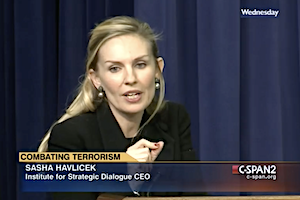
Sasha Havlicek speaking at the CVE Summit, Washington, DC, 2015
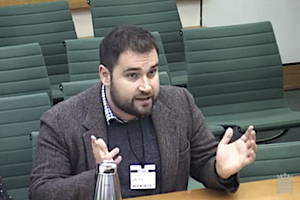
Jacob Davey testifying on the far right before the UK Home Affairs Committee, London, 2018
ISD’s Digital Policy team
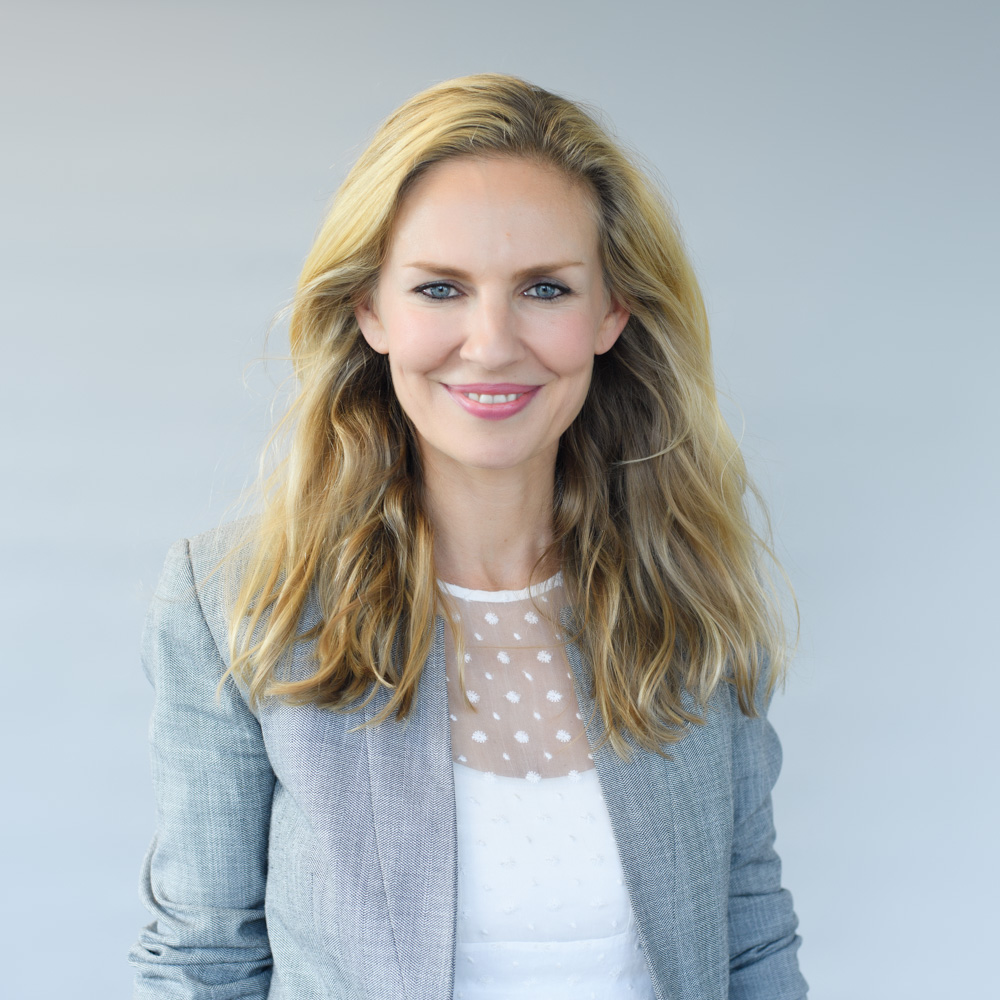
Sasha Havlicek
Co-Founder and CEO



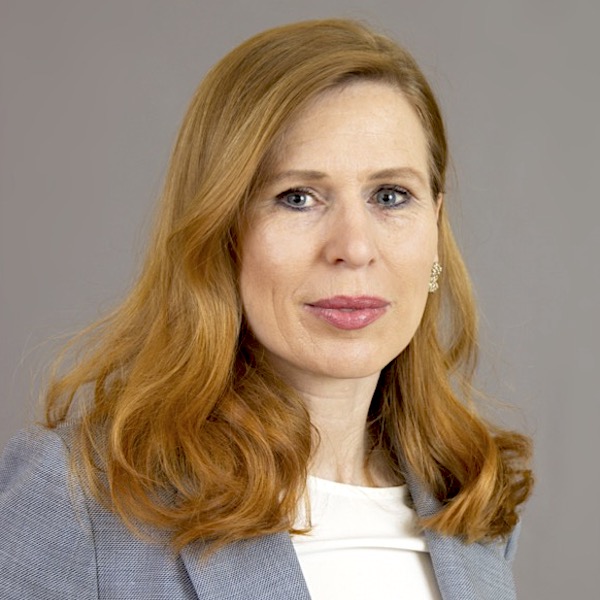


Huberta von Voss
Executive Director, ISD Germany






Milo Comerford
Director of Policy & Research, Counter-Extremism






Isabelle Frances-Wright
Director of Technology and Society, ISD US



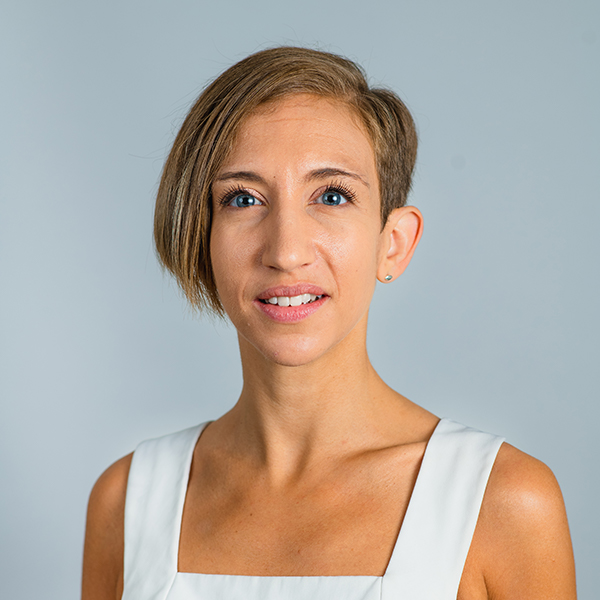


Jennie King
Director of Climate Research and Policy






Henry Tuck
Director of Digital Policy






Mauritius Dorn
Senior Digital Policy and Education Manager



Mauritius Dorn
Senior Digital Policy and Education Manager
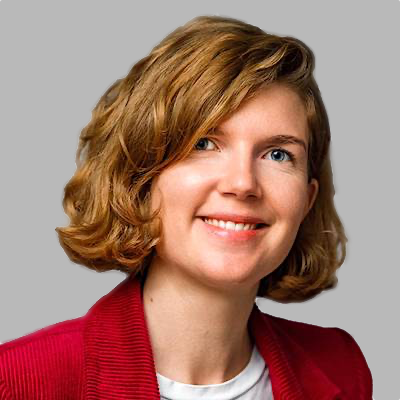


Helena Schwertheim
Senior Digital Policy and Research Manager






Ellen Jacobs
Digital Policy Manager, ISD US



Ellen Jacobs
Digital Policy Manager, ISD US
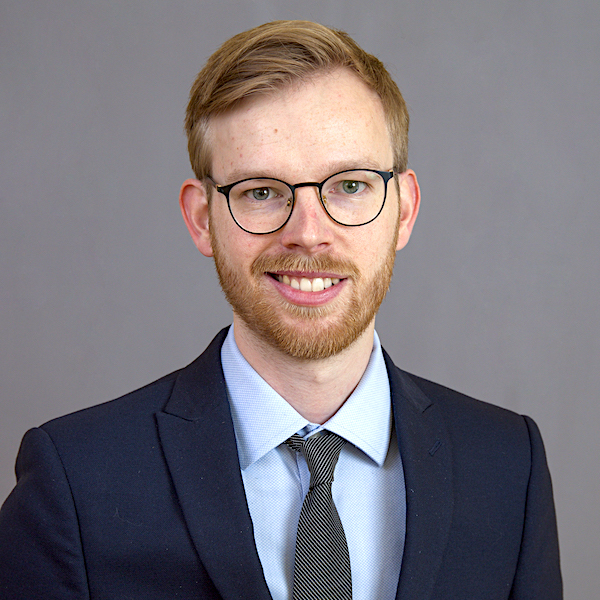


Christian Schwieter
Fellow



